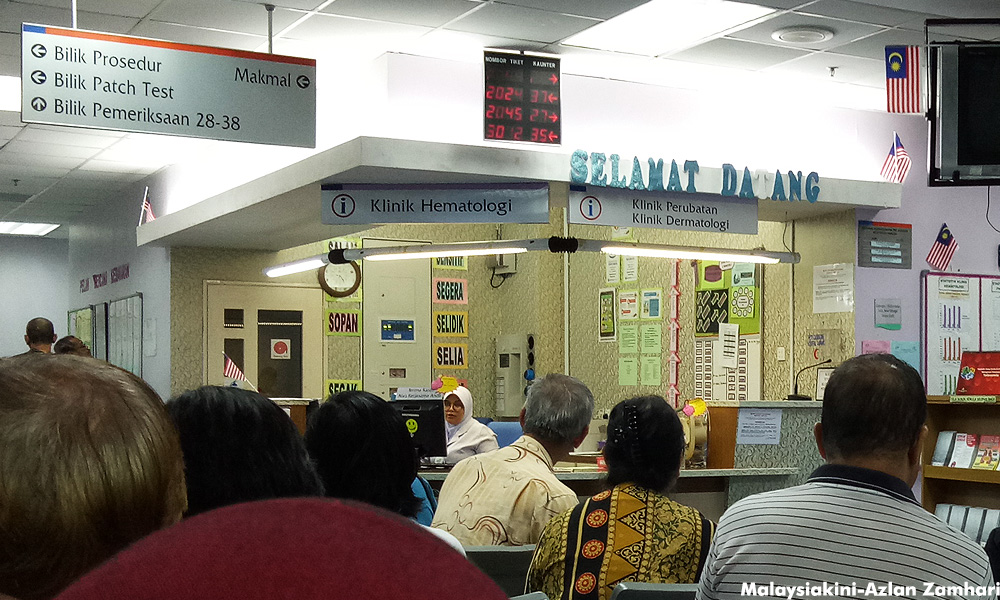There is a growing trend for local companies to buy medication directly from independent pharmacies instead of private hospitals and clinics for cheaper medicine.
The Star newspaper quoted a pharmaceutical industry source as saying the medication obtained from the independent pharmacies cost the employers between 20 percent and 150 percent less than what is charged by the private hospitals and clinics.
As a result, some companies able to save up to 40 percent of medicine cost.
The source said a company with 40,000 employees could save up to RM8 million annually in staff medical benefits.
Similarly, the source believed individuals who are on long-term medication able to save up to 40 percent if they buy directly from the independent pharmacies.
“As such, buying directly from the pharmacy can help them to tremendously reduce their medical bills," said the source.
A private hospital may charge RM150 to RM200 for one month medicine supply for high blood pressure, but individual can receive it at RM75 at an independent pharmacy.
“There is no price control to regulate the cost of these medicines and employers have no choice then but to bear the cost,” said the source.
A private general practitioner (GP) said medicines that are bought in small quantity cost a lot, compared to those bought in bulk.
The source said private GPs rely on the profit from medications to sustain their business as the consultation fees, which charged at RM10 to RM35 per consultation, are too low for doctors to make a living.

Malaysian Medical Association president Dr N Ganabaskaran raised concern that the patients' safety and care being compromised despite acknowledging their right to get their medicine directly from the pharmacy.
“Clinics are stringently regulated under the Private Healthcare Facilities and Services Act to protect the patients. Pharmacy outlets are not regulated," he said, adding that they are concerned with patients’ safety and care being compromised.
The patients should come back to see a doctor for follow-ups and monitoring the drug adherence as well as reviewing the outcome of the treatment, he said.
Malaysian Pharmaceutical Society treasurer Lim Jack Shen said the pharmacists are not trying to play doctor and undercut the business by dispensing the medicine to the patients.
“While the doctor's role is to diagnose and treat a patient, the pharmacists oversee the dispensing of the drugs, to ensure the appropriate use of medication and its safety," he said.
Lim acknowledged that the pharmacists could assist the companies to reduce medical cost as well as monitor and advise them on the drugs dispensed to the patients.
“Each of the prescriptions issued by the doctors has a validity of three months under the Health Ministry regulation and requirements.
“As such, pharmacists dispensing these drugs would require the patients to get a fresh prescription every three months, to ensure they undergo proper medical review and checkup," he said.

